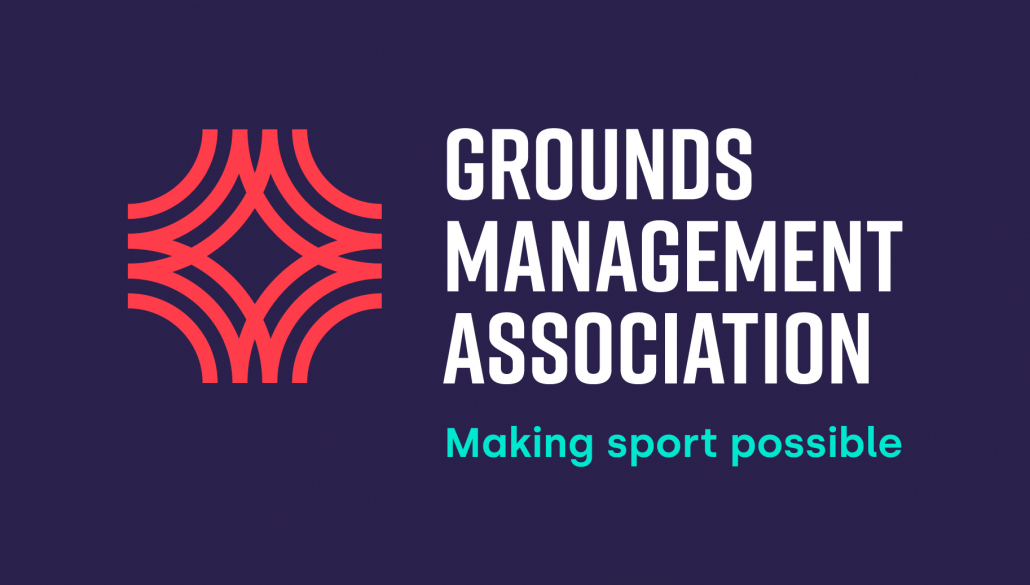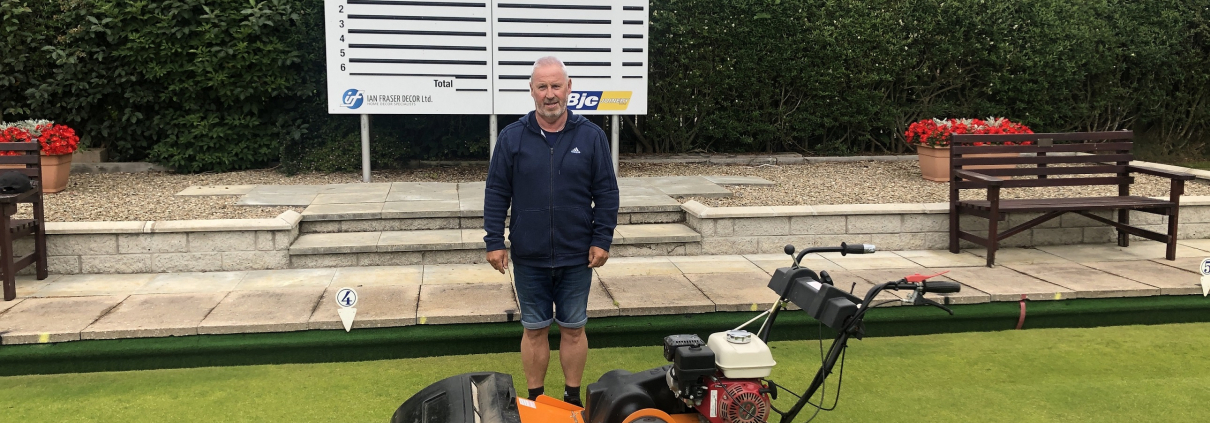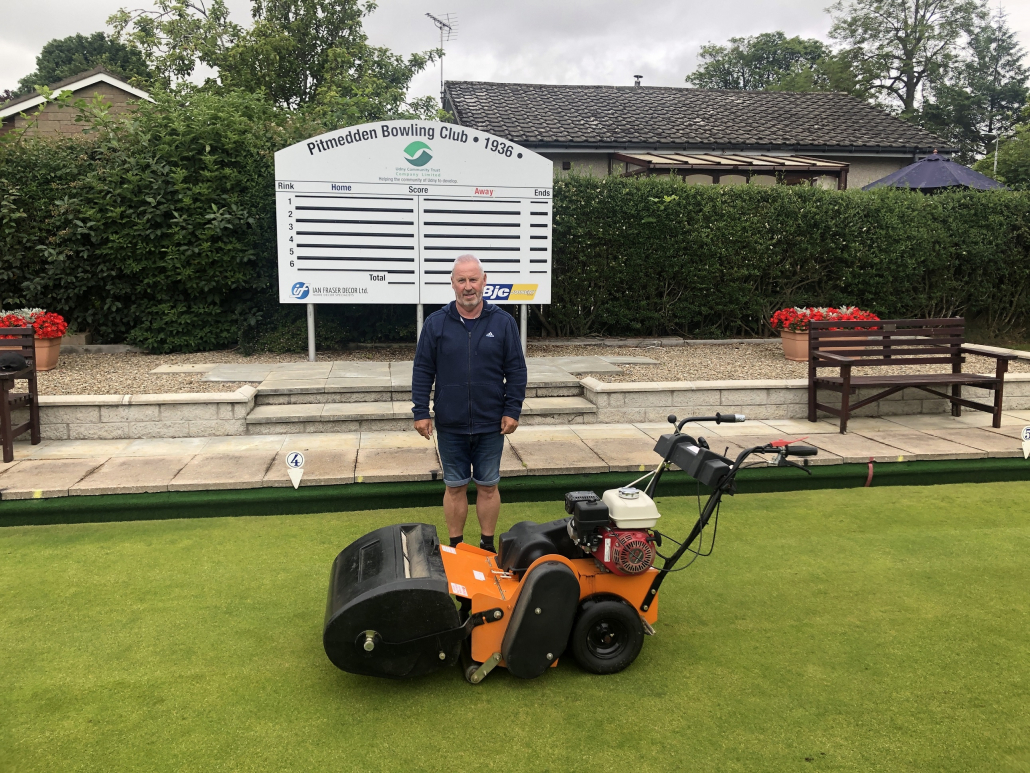Top tips from the GMA
Top tips from the GMA: The Grounds Management Association (GMA), the leading not-for-profit membership body for grounds professionals and volunteers, today shares a list of top tips for community grounds staff on getting local pitches prepped and ready for grassroots sport to fully resume.
Due to Covid-19 and the resulting lockdown, sport at both professional and community levels came grinding to an abrupt halt. Lockdown, and the ensuing challenges created by it, have left many community pitches in dire need of special attention in order to be ready for the busy sporting calendar to resume.

Top tips from the GMA
Geoff Webb, CEO of the GMA, is hopeful these tips will provide community grounds staff and volunteers with the knowledge and confidence to help get their local pitches ready for sport to resume.
“It’s been a difficult time for everyone these last few months, particularly in the grounds sector”, he said. “Practically overnight, lockdown restrictions put an indefinite suspension to all sport, creating a number of challenges for grounds staff at all levels. As a result, many local community pitches have not been receiving the usual levels of care and attention when compared to pre-lockdown. This means they might not be in the right condition for the return of sport, particularly on such short notice. That’s why the GMA wants to share its knowledge and expertise to support our members and the wider grounds community with the challenge of getting the nation’s pitches back to play.”
The GMA’s top tips cover 4 key areas of grounds management which will be in need of specific focus after months of lockdown:
Mowing
In order to maintain the health of the grass plant, it is important to only ever remove 1/3 of the existing leaf blade. Where possible, you should try to maintain a frequent mowing regime, aiming to mow once or twice per week in order to maintain a thicker sward. Keeping the grass a little longer will help with root growth, particularly when the plant is under stress (heat, drought, cultural practices) because the longer the grass, the deeper the roots.
Thatch
A little bit of thatch is not a bad thing depending on the use of the facility. It’s important for grounds staff at community level not to make it their life’s work to combat thatch, especially if it is not causing a problem. Regular thatch control is a task that can be incorporated into your maintenance plan. It’s important that thatch is kept under control because too much of it will prevent water and nutrients moving through the soil profile, limiting root growth.
It’s also important to consider the action of thatch control and ensure that it is not overly aggressive – this will cause stress to the plant. Lastly, make sure that the climate permits a good recovery time; you can do so by carrying out the work at the right times of year, with spring and autumn being the ideal.
Aeration
Aeration will help support healthy turf if you choose the right time and conditions to aerate; if it is too dry, the tines won’t properly enter the soil. If it is too wet, you will end up causing more damage.
Try to understand why you are aerating; this means understanding that soil is a combination of mineral and organic matter as well as all-important air and water. For those working with only a garden fork, applying too much ‘heave’ will damage the structure of the soil. The key here is to remember that you are not digging up the soil, rather simply relieving compaction.
Managing resources
Properly managing resources will ensure that you are organised in your work and will help you achieve the best results. Start by keeping a simple diary of work carried out – this will prove invaluable in the future when looking back at when work was carried out, how much time was spent on it and most importantly, whether it had an impact, over and above this an annual maintenance plan is vital – if you don’t plan what you want to achieve, how will you know you got there?.
Another key task of resource management is to carry out checks on your machinery before and after use. This is simply about maintaining your equipment because without it, you can’t work and without your work, the game can’t be played. A rough annual maintenance on machinery can help with the planning of budgets.
The annual maintenance plan
When it comes to the ordering of resources during renovation periods, think about what it is you want to achieve during the following season and plan from there. It is all very well saying you want to achieve a suitable playing surface, but what will you write in to your plan to achieve that?
The GMA’s recent Back to Play report shone a light on the state of the nation’s pitches and the impact they could have on the future of sport in this country. The report found that within the next decade, almost three quarters of a million adults and young people will be affected weekly or seasonally by the deterioration in standards of existing pitches. This will result in a fifth of people who play rugby and football being unable to play every week with more than half of people who play cricket seeing matches reduced. The impact of lockdown on the ability of local communities to continue with grounds maintenance is likely to have exacerbated this problem.
Geoff Webb continued:
“If the nation’s pitches were suffering before this pandemic, then they are bound to be desperately in need of support now after months of reduced care and attention. We’re hoping that tips like these, along with our online resources, can support local grounds staff in getting our pitches ready.”
For more information about where you can find the resources to improved your knowledge of grounds maintenance, visit: https://thegma.org.uk/learning
To read the GMA’s Back to Play report, visit: https://bit.ly/3csNZxd
For the latest industry news visit turfmatters.co.uk/news
Get all of the big headlines, pictures, opinions and videos on stories that matter to you.
Follow us on Twitter and Instagram for fun, fresh and engaging content.
You can also find us on Facebook for more of your must-see news, features, videos and pictures from Turf Matters.














